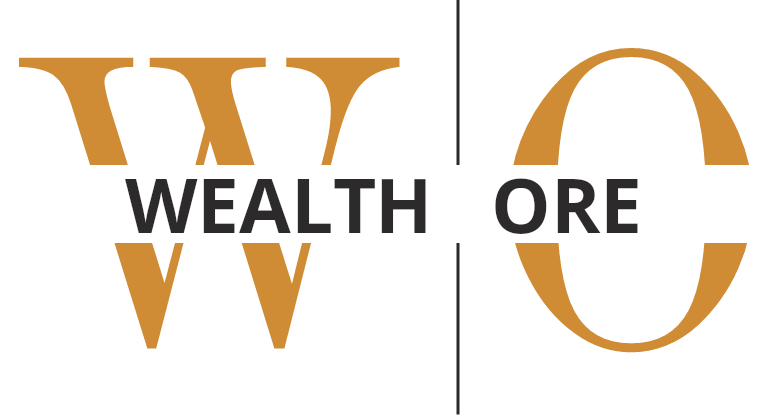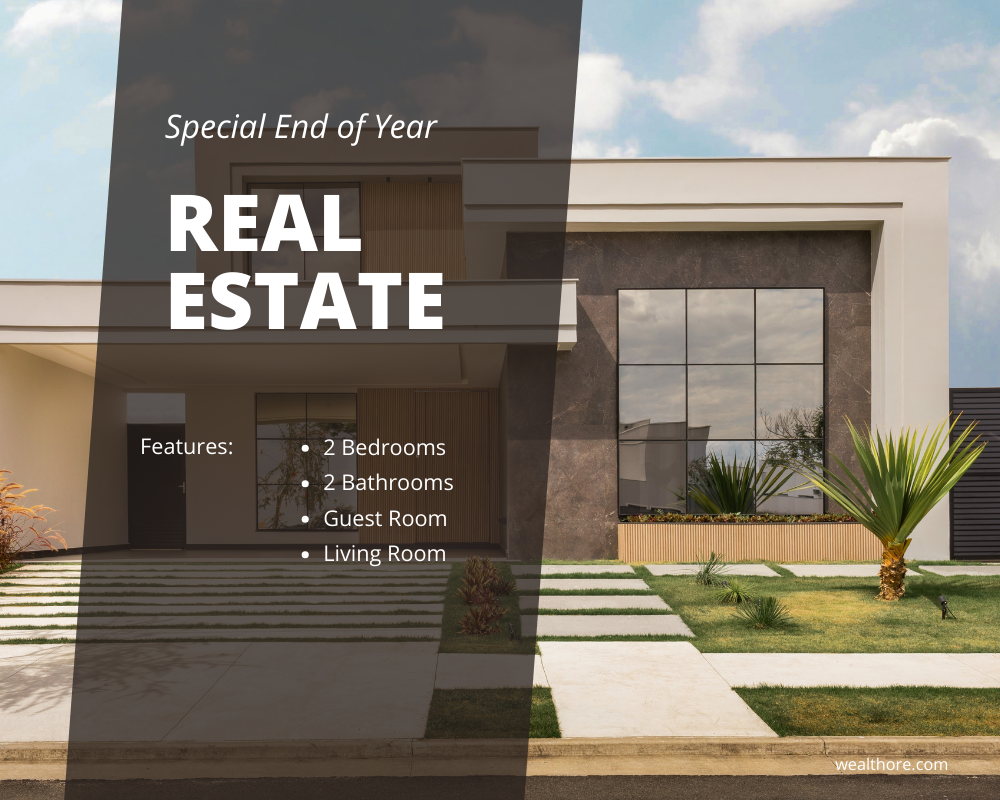Have you ever dreamed of owning your own home but wondered how to make that dream a reality? Financing a home can be a complex process, but understanding your options can make it much more manageable. In Africa, there are several avenues available for first-time homebuyers, including mortgages, government schemes, and other financing options. This comprehensive guide “How to Finance Your First Home in Africa” will walk you through the steps and help you find the best path to homeownership.
Understanding Mortgages
1. What is a Mortgage?
A mortgage is a loan specifically designed for purchasing real estate. The borrower agrees to repay the loan over a set period, typically with interest. The property itself serves as collateral, meaning the lender can take possession if the borrower fails to meet the repayment terms.
2. Types of Mortgages
There are various types of mortgages available, and the right one for you will depend on your financial situation and long-term goals. Here are some common types:
- Fixed-Rate Mortgages: The interest rate remains constant throughout the loan term, providing predictability in your monthly payments.
- Adjustable-Rate Mortgages (ARMs): The interest rate may change periodically, typically in relation to an index, which can result in varying monthly payments.
- Interest-Only Mortgages: You pay only the interest for a set period, after which you start paying both principal and interest. These can be riskier but may offer lower initial payments.
For more detailed information on mortgage types and how they work, you can visit Investopedia.
3. How to Qualify for a Mortgage
Qualifying for a mortgage generally involves meeting certain criteria, such as:
- Credit Score: A good credit score increases your chances of approval and getting a better interest rate.
- Income and Employment History: Lenders want to see a stable income and employment history.
- Down Payment: Most lenders require a down payment, which is typically a percentage of the home’s purchase price. The larger the down payment, the less you need to borrow.
- Debt-to-Income Ratio: This is the ratio of your monthly debt payments to your monthly income. Lenders use this to assess your ability to manage monthly mortgage payments.
You can learn more about the mortgage qualification process on WealthOre’s mortgage guide.
Government Schemes and Assistance
Many African countries offer government schemes to help first-time homebuyers. These programs can provide financial assistance, lower interest rates, or subsidies to make homeownership more accessible.
1. Nigeria: National Housing Fund (NHF)
The NHF provides low-interest loans to Nigerian citizens, funded by contributions from employees, self-employed individuals, and corporations. The scheme aims to facilitate affordable housing for all Nigerians.
For more information on the NHF, visit the Federal Mortgage Bank of Nigeria.
2. South Africa: Finance Linked Individual Subsidy Program (FLISP)
FLISP is designed to assist first-time homebuyers in South Africa who earn between R3,501 and R22,000 per month. It provides a once-off subsidy that can be used to reduce the mortgage loan amount or cover deposit costs.
Details about FLISP can be found on the South African Department of Human Settlements website.
3. Kenya: Affordable Housing Programme
Kenya’s government has launched an initiative to provide affordable housing units through partnerships with private developers. The program includes financial incentives for developers and affordable mortgage options for buyers.
Learn more about Kenya’s Affordable Housing Programme on the State Department for Housing and Urban Development website.
Other Financing Options
Apart from traditional mortgages and government schemes, there are other ways to finance your first home in Africa.
1. Savings and Investments
Building up your savings and investing wisely can provide a significant down payment or even cover the entire purchase price of your home. This method requires discipline and time but offers the advantage of owning your home outright without owing a lender.
2. Cooperative Societies
Many African countries have cooperative societies that pool members’ resources to provide loans for housing. These societies often offer more favorable terms than traditional banks.
3. Employer-Assisted Housing Programs
Some employers offer housing assistance programs as part of their benefits package. These programs may include low-interest loans, down payment assistance, or other financial support.
4. Microfinance Institutions
Microfinance institutions provide financial services to low-income individuals or those without access to traditional banking services. They offer smaller loan amounts with shorter repayment periods, which can be useful for home improvements or smaller property purchases.
Tips for a Successful Home Financing Journey
1. Assess Your Financial Situation
Before you start looking for a home, take a close look at your finances. Calculate how much you can afford to spend on a home and what type of loan you can comfortably repay.
2. Shop Around for the Best Rates
Different lenders offer different terms and interest rates. It’s important to shop around and compare offers from various banks and financial institutions to find the best deal.
3. Get Pre-Approved
Obtaining pre-approval for a mortgage gives you a clear idea of how much you can borrow and shows sellers that you are a serious buyer.
4. Consider Professional Advice
Engaging a financial advisor or mortgage broker can provide you with expert advice and help you navigate the complexities of home financing.
5. Plan for Additional Costs
Remember to budget for additional costs such as property taxes, insurance, maintenance, and any potential renovations.
Conclusion
Financing your first home in Africa is a significant step that requires careful planning and understanding of your options. Whether you choose a traditional mortgage, take advantage of government schemes, or explore alternative financing methods, being informed and prepared will help you make the best decision for your financial future.
Have any questions about home financing options? Let us know at co@wealthore.com. We’d love to hear from you and help you navigate this important journey. Also leave a comment below.
For more resources and guides, visit WealthOre’s finance section and explore the latest tips and insights on homeownership.







